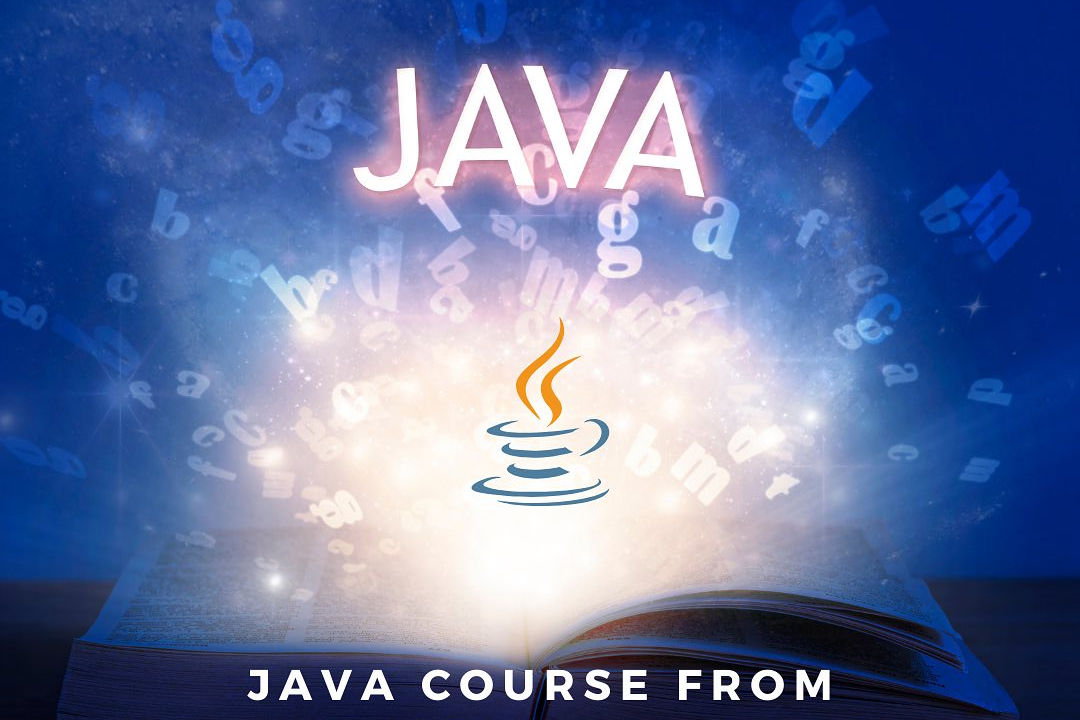Sets In Java
Understanding Sets in Java: A Comprehensive Guide
Sets In Java
In Java, a Set is a collection that implements the Set interface, which is part of the Java Collections Framework. It represents a mathematical set of unique elements, meaning that it does not allow duplicate entries. Sets are useful when you want to ensure that your collection contains only distinct elements. The most commonly used implementations of the Set interface are HashSet, TreeSet, and LinkedHashSet. A HashSet uses a hash table for storage and provides constant-time performance for basic operations like add, remove, and contains. A TreeSet, on the other hand, stores elements in a sorted order based on their natural ordering or a specified comparator, providing log(n) time complexity for basic operations. LinkedHashSet maintains a linked list of the entries, preserving the insertion order of its elements. Overall, Sets provide a powerful way to work with collections of unique items in Java, with various implementations tailored to specific needs regarding performance and ordering.
To Download Our Brochure: https://www.justacademy.co/download-brochure-for-free
Message us for more information: +91 9987184296
1 - Definition: A Set in Java is a collection that does not allow duplicate elements. It models the mathematical set abstraction.
2) Interface: Sets in Java are part of the `java.util` package and are represented by the `Set` interface.
3) Implementations: The primary implementations of the Set interface are `HashSet`, `LinkedHashSet`, and `TreeSet`. Each has unique characteristics regarding performance and ordering.
4) HashSet: This is the most commonly used Set implementation. It uses a hash table for storage, offering O(1) average time complexity for basic operations like add, remove, and contains.
5) LinkedHashSet: This implementation maintains a doubly linked list of entries to preserve the insertion order. It provides predictable iteration order.
6) TreeSet: A NavigableSet implementation that stores elements in a sorted tree structure (Red Black tree). It allows for sorted iteration and guarantees O(log n) time complexity for basic operations.
7) Null Elements: HashSet allows one null element, while TreeSet can only store a null element if the natural ordering does not conflict. LinkedHashSet also allows null elements.
8) Unique Elements: Sets inherently prevent duplicates. Adding a duplicate element to a Set will simply not change the existing set.
9) Ordering:
HashSet: No guaranteed order.
LinkedHashSet: Maintains insertion order.
TreeSet: Maintains a sorted order based on natural ordering or a specified comparator.
10) Performance: Choose the appropriate Set implementation based on your use case:
For fast access without duplicates, use HashSet.
For maintaining order, use LinkedHashSet.
For sorted data, use TreeSet.
11) Common Operations: The Set interface provides key operations such as `add()`, `remove()`, `contains()`, `isEmpty()`, `size()`, and `clear()`.
12) Iterating: You can iterate through a Set using an iterator, enhanced for loop (for each), or Java Streams API.
13) Sets and Collections Framework: Sets are part of the Java Collections Framework, which provides data structure interoperability and a unified way to operate on collections.
14) Immutable Set: The Collections class provides a method to create immutable Sets, allowing for fixed collections which cannot be modified after creation.
15) Use Cases: Sets are ideal for situations where you need to maintain a collection of unique items, such as user IDs in a system, avoiding duplicates in a list, or analyzing unique values from a data set.
This structured overview should provide a clear and concise understanding of Sets in Java for your training program!
Browse our course links : https://www.justacademy.co/all-courses
To Join our FREE DEMO Session: Click Here
Contact Us for more info:
java training institute in pimpri chinchwad
What is pmi acp
prince2 certification online free
Best JAVASCRIPT Courses
Java configuration management tools











